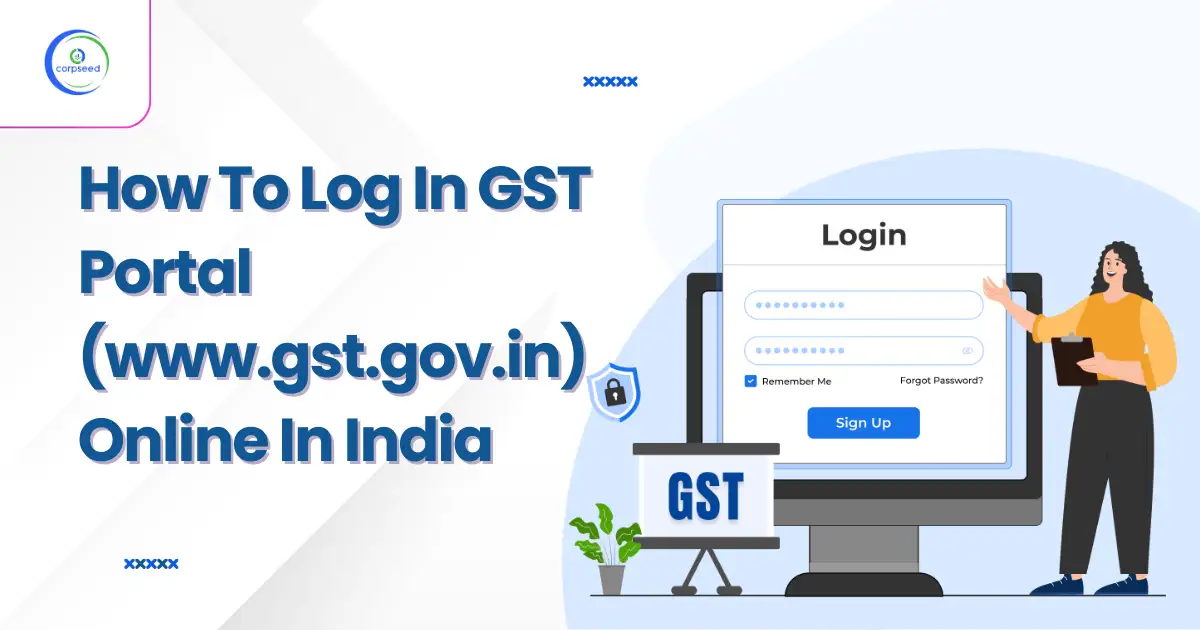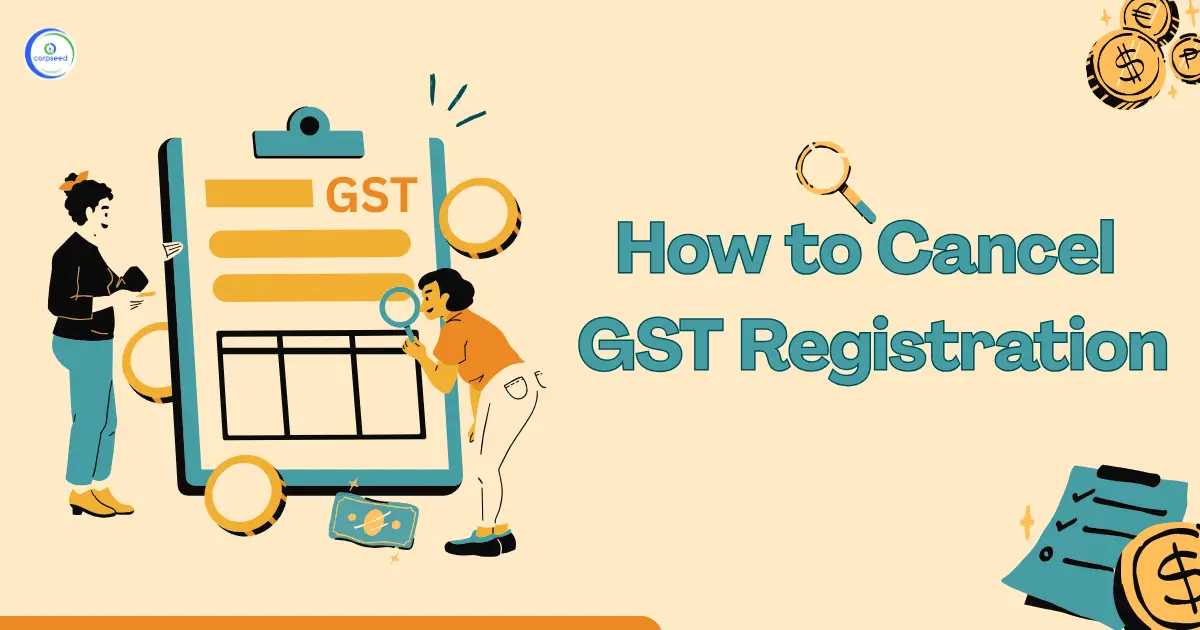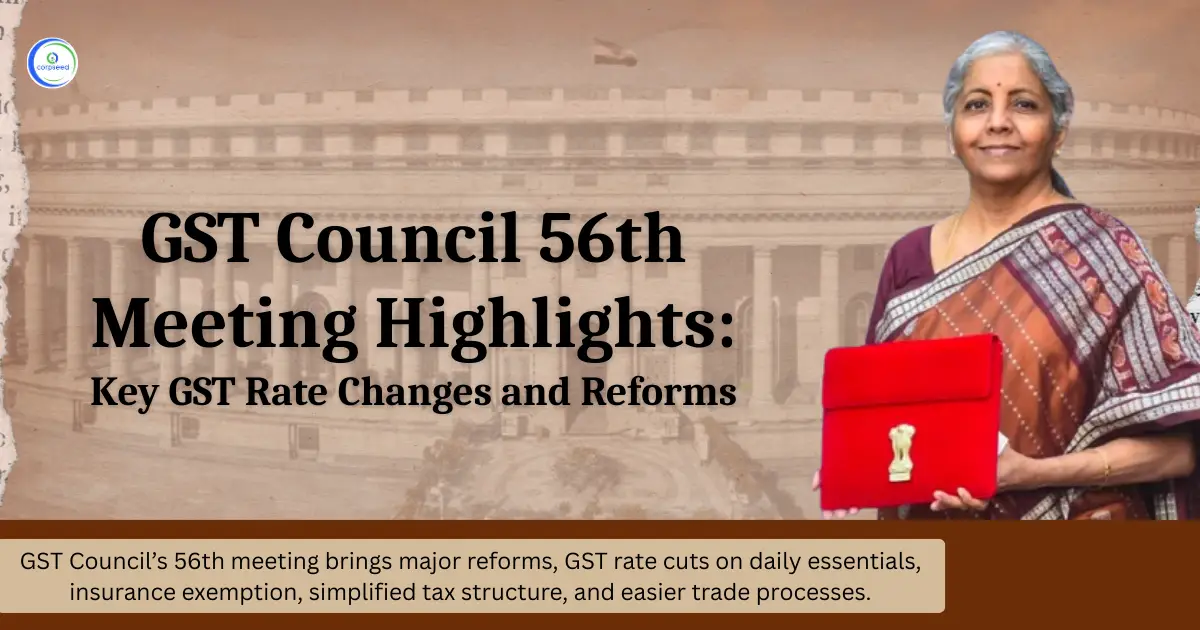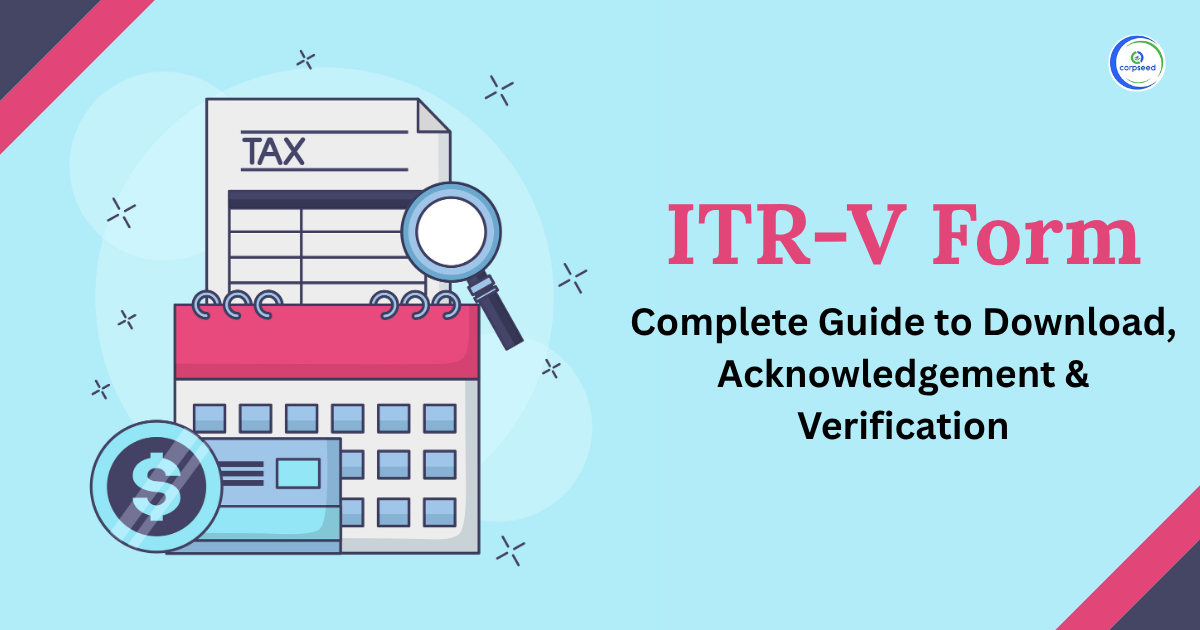Demystifying Form 15G and Form 15H: Your Ultimate Guide to Saving TDS on Interest Income
Are you tired of paying exorbitant taxes on your interest income?
If yes, then you have reached the right place. Here, we help you demystify Form 15G as well as Form 15H by helping you save TDS, mainly on your specified income. Regardless of whether you are a beginner or a senior citizen, knowing about these forms can contribute to optimising tax savings. To elaborate, Form 15G and Form 15H constitute the self-declaration forms, which encourage you to avoid TDS deductions on the interest income.
Table of Contents
- Demystifying Form 15G and Form 15H: Your Ultimate Guide to Saving TDS on Interest Income
- What is TDS (Tax Deducted at Source)?
- TDS explained using Example
- Understanding Form 15G & Form 15 H
- Eligibility criteria for Submission of 15G and Form 15H
- Benefits of submitting Form 15G and Form 15H
- Common mistakes to avoid when submitting Form 15G and Form 15H
- Last Date for Filling Form
- Conclusion: Importance of understanding and utilizing Form 15G and Form 15H for saving TDS on interest income
--------------Blog Contact Form-------------
Besides, always remember that validity for form 15G as well as 15H exists for a year. While it is true, one should also note that Banks usually deduct TDS when the interest income is more than Rs.40,000 in a year, especially for individuals as well as senior citizens, with the limit of Rs.50,000 under section 194A of Income Tax. This limit is calculated by aggregating interest on deposits that are held in all branches of the bank.
Stop overpaying taxes on your interest income. Read on to demystify Form 15G and Form 15H and unlock valuable TDS savings today.
What is TDS (Tax Deducted at Source)?
Before we delve deeper into the whys and Hows of Form 15G, we must understand what TDS means or implies.
To define, TDS refers to Tax Deducted at Source, also known as Collected Tax from the Source of Income. Within this, a percentage of tax is usually deducted by the payer (while making payments to the receiver), who deducts the tax at source and remits it to the account of the Central Government.
On top of that, TDS has to be deducted as per those rates set by the tax authorities. Now, to distinguish the key players involved, a deductor is an individual or a firm that proceeds with the payment after deducting the TDS. At the same time, the person receiving the payment is called the deducted. Now, when we talk about the deductee, whose income tax has been cut at source, he would be receiving the credit of the deducted amount, which is based upon the Form 26AS, or be it the TDS Certificate issued by the deductor.
Most importantly, the deductor must ensure that the TDS is deducted before one makes the payment or deposits the same with the Central Government. No wonder it lies in its nature that TDS has to be deducted, regardless of any mode of payment, be it cheque or cash.
TDS explained using Example
If you wish to understand TDS in a simplified manner, let us explain it through an example.
Suppose a company- HB Enterprise has to make a payment of Rs. 40,000/- to Mr Kamlesh, with the nature of payment being professional fees along with the tax rate of 10%. HB Enterprise deducts Rs. 4,000/- (10% of payable fees - Rs. 40,000/-) and makes the net payment of Rs. 36,000/- to Mr Kamlesh. Now, such deduction of Rs. 4000/- shall be credited to the central government by the deductor (HB Enterprise) as TDS, which stands for Tax Deducted at Source.
Understanding Form 15G & Form 15 H
It is very important to acknowledge that individuals with an income falling below a certain taxable limit must submit Form 15H and Form 15G, requesting no TDS deductions on the interest amount. Accordingly, these forms act as a catalyst and encourage you to claim the receipts without tax deductions.
As per the said declarations, the Indian Banks must deduct the TDS, especially when the interest income of the individual is said to be more than 40,000 a year and 50,000 for senior citizens above 60 years. However, if the individual's total income is less than the taxable limit, then they must submit Form 15G and Form 15H, addressing them not cutting the TDS, mainly based on interest-based amounts. Most importantly, these forms are a way to ensure that they help claim receipts without any major tax deduction.
Form 15G declaration under sub-section (1) and (1A) of section 197A of the Income Tax Act of 1961 is made by an individual (not being a firm or company) claiming to have certain receipts without the tax deduction.
Form 15H declaration under sub-section (1) and (1A) of section 197A of the Income Tax Act of 1961 is to be made by the individual, who claims several receipts without the tax deduction.
Eligibility criteria for Submission of 15G and Form 15H
The eligibility criteria for the Submission of 15G and Form 15H are displayed below-
Form 15G
- Individuals below the age of 60 should submit Form 15G and should be from an Undivided Hindu Family.
- The applicant should be a resident of India
- The form must be submitted by those applicants who have zero tax liability in the fiscal year.
- The applicant's total interest income should be less than the required exemption for that respective year. Accordingly, the set limit for the HUFs with annual income below 2.5 lakhs is found to be applicable for Form 15G submissions.
- The specified limit for the HUFs with annual income less than ₹2.5 lakh are also eligible for Form 15G submissions.
Form 15H
- Form 15H has to be submitted by individuals who are Indian citizens and have attained the age of 60.
- One should not have zero tax liability for the fiscal year. Accordingly, the individual must not have paid the tax in the previous year due to their income falling below a taxable limit.
Benefits of submitting Form 15G and Form 15H
Form 15G and Form 15 H hold significant potential in backing taxpayers from TDS deductions on their interest incomes. Not only does it benefit them, but it (somehow) encourages them to streamline their financial goals, keeping a check.
- Tax Deductions
Within this, if the taxpayer's income is below the taxable limit, then availing of Forms 15G and Form 15H may prevent them from tax deductions and the interest acquired on deposits.
- Income Tax Returns
As a taxpayer, as you avail of Form 15G and Form 15H, it is automatically understood that a taxpayer's income is less than the specified taxable limit, where filing the income tax return can be avoided.
- Streamlines Cash Flow
After the submission of Form 15G and Form 15H, there are no tax exemptions from the earned income, which assists you in streamlining your financial goals as well as planning.
Therefore, all these factors contribute to the advantages of Form 15G and 15H.
Common mistakes to avoid when submitting Form 15G and Form 15H
It is crucial not to oversee the intricacies of the form but to acknowledge the terms and conditions that come with it. Therefore, to assist you in the preparation of a procedure such as this, we would like to ensure that you do not make these mistakes during the documentation. Nonetheless, let us have a closer look at the dos and donts that come with it-
- One should not submit the final declaration if you have taxable income for the applicable period/ financial year.
- If you submit Form 15H/Form 15G comparatively later than specified, then there is a high chance that the excess TDS is deducted or claimed with the filing of the Income Tax Return.
- It is believed that non-resident Indians (NRIs) are not applicable/eligible for the submission of Form 15G or Form 15H based on the recent rules and prescribed norms.
- If there are any fraudulent submissions regarding these forms, then there is a high chance that an assessor will be punished under section 277 of the IT Act, 1961.
- Most importantly, non-resident Indians (NRIs) are not eligible to submit Form 15G as well as Form 15H.
- One should not confuse this form with that of an Income Tax Return since ITR has to be filed separately.
- It is crucial to submit Form 15G/Form 15H, as it can even prevent the tax payout if found eligible for the TDS relief.
Last Date for Filling Form
The validity of Form 15H and 15G are around one year. As a result, these forms must be submitted at the beginning of the financial year. But, if, in any case, these forms are not submitted, but the bank deducts the TDS, you may take the desired action by filing the form with ITR to have your TDS refunded.
Conclusion: Importance of understanding and utilizing Form 15G and Form 15H for saving TDS on interest income
We conclude that Form 15G and Form 15H are the documents that grant relaxation to the taxpayer with no TDS deductions. Likewise, it maintains the financial records and fulfils those goals. It consists of self-declaration forms, which an individual mainly submits to a bank, requesting for the same since their income falls lower than the basic exemption limit. Besides this, one must fulfil the rules and regulations to avoid any errors disturbing the process. All in all, these forms are how tax evasion can be avoided, and financial savings can be achieved. Therefore, one must realise the potential held by these forms, as they facilitate saving TDS on interest incomes.
Taxation Services
You must abide by customs duty requirements if you are involved in cross-border trade. Corpseed can help you with this process if you want to learn more about determining and depositing duties before the customs authority clears your goods.
TDS Quarterly/Annual Returns
TDS Tax Deducted at Source is a strategy utilized by the Indian government to collect charges. TDS is withheld upon making an instalment by either a company or any person. Control your business's TDS proficiently without overspending.
Income Tax Services
Direct tax of country which provides the direct income of person based on residence capacity to be assessed and taxed in appropriate head of Income under Income Tax Act, 1961. It is an instrument of Government to collect the revenue from individual.
This portion of the site is for informational purposes only. The content is not legal advice. The statements and opinions are the expression of author, not corpseed, and have not been evaluated by corpseed for accuracy, completeness, or changes in the law.
BOOK A FREE CONSULTATION
Get help from an experienced legal adviser. Schedule your consultation at a time that works for you and it's absolutely FREE.









